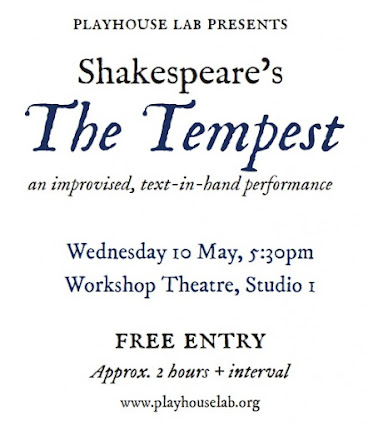Sylvia Wynter and The Tempest: 'Beyond Miranda's Meanings'
Thursday 18 May | 5:30 - 7:00pm | Meeting Room G01
Written as an afterword to Out of the Kumbla (1994), the first edited collection of critical essays on Caribbean women’s literature, 'Beyond Miranda's Meaning: Un/silencing the "Demonic Ground" of Caliban's "Woman"' analyses the ways in which race complicates gender, taking a discussion of Shakespeare’s The Tempest as a point of departure. According to Sylvia Wynter, this play not only posits Caliban as ‘the irrational native subject’ but in doing so also relegates 'Caliban’s "woman"' to a space of non-being. As such, the play reenacts the founding structure of the onto-epistemic order of Western Man. Analysing the function of the “ontological absence” of the Black female subject position, it is in this essay that Wynter coins the term “demonic ground”, which has since been taken up by various scholars in different ways, most notably by Katherine McKittrick.
As always this session is open to all with no expectation of any previous engagement with Wynter's work. Snacks will be provided and please do join us for drinks afterwards. The session will be held in House 10 Cavendish Road, meeting room G.01 immediately to the right of the entrance. If you want to attend the event virtually, or have any questions at all, please get in touch at quiltingpoints@gmail.com.
Incidentally, the Playhouse Lab will be performing The Tempest on Wednesday 10th May in the Workshop Theatre at 5:30pm. The performance will be unrehearsed and text-in-hand, and entry will be free (see flyer below).



Comments
Post a Comment